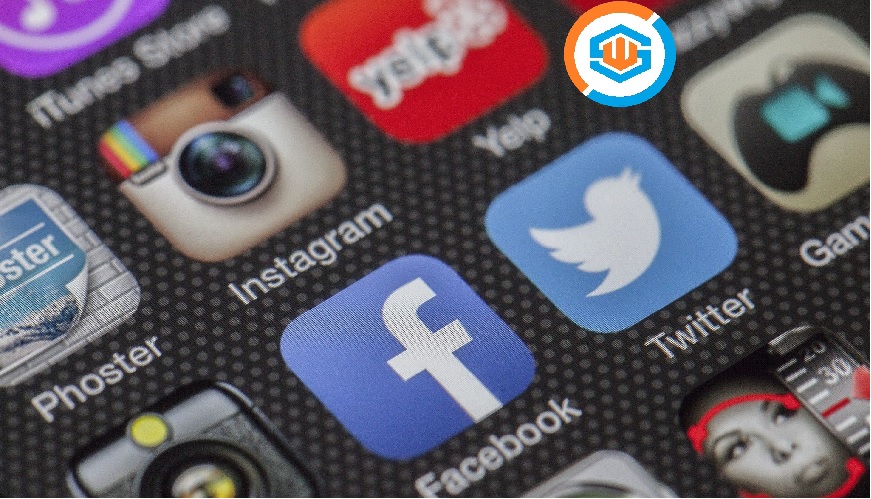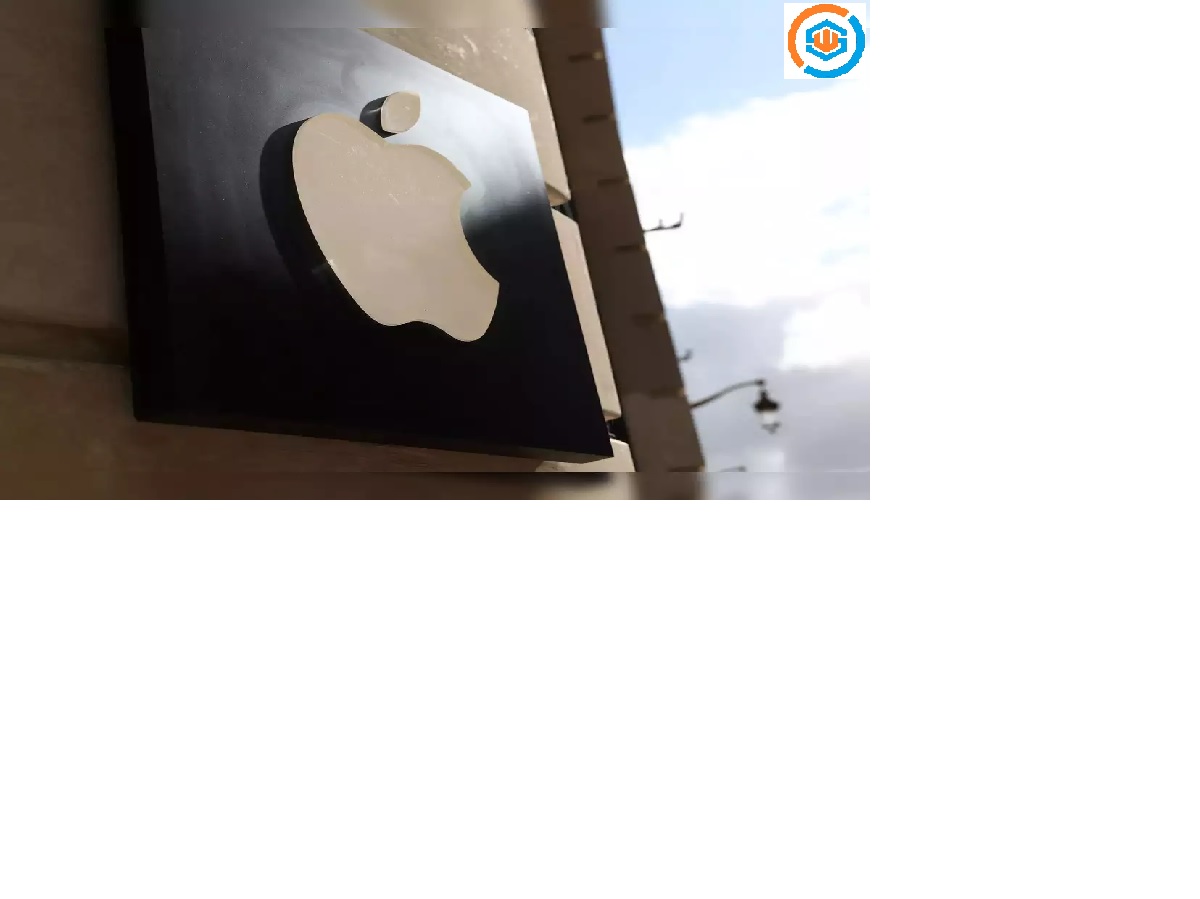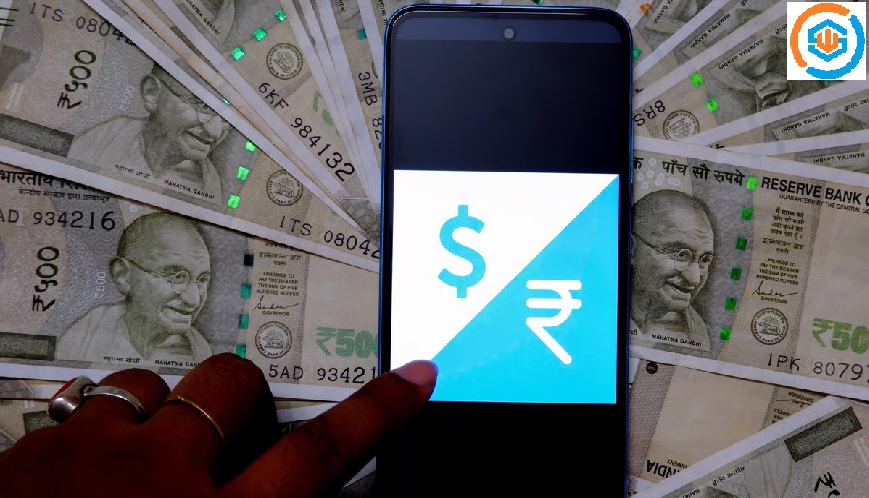Based on what we currently know from published research, there are things we can do right now to help manage social media in our own lives so that we may use it in a positive and effective way:
1. Social stopwatch: Use a timer or app tracker to help moderate use. This may be helpful for mental health as research has shown that limiting social media use to no more than 30 minutes per day can reduce feelings of loneliness and depression. This can be as simple as setting a reminder to close social media or choosing an app tracker such as Forest or Space, where setting preferences can assist with monitoring or limiting social media use.
Setting boundaries around the consumption of social media can improve productivity as well — social media use can be a diversion to daily life, work, and academic tasks.
2. Social activity: Remember to take breaks to disconnect from the screen. One way to support this is by following the adage “out of sight, out of mind.” Modifying settings and turning off app notifications, hiding apps in folders away from the home screen, or taking it one step further and deleting apps to further decrease temptation.
Incorporate screen-free time by engaging in regular
physical activity, which curtails the chances of developing a dependence on social media. Indeed, swapping the use of apps with increased physical activity to meet the Canadian Sedentary Behaviour Guidelines and spending active time outdoors may also help to decrease stress and depression.
3. Social snacking: We are not talking about snacking while scrolling through social media! Instead, similar to how we think of some foods as nutrient-dense which nourish our body (like apples and carrots), and others as nutrient-poor and less useful for our body (like chocolate cake and candy), social media can be thought of in the same way: engagement that makes us feel good or leaves us feeling unwell.
Aim to use social media in ways that feel good or have a purpose. Examples of productive, positive social media use include connecting with supportive friends and family or using it to source useful information. Before you engage on social media, be aware not to overshare or post when stressed or anxious as this can result in a negative social media experience.
4. Social accountability: Be accountable to yourself and others regarding your social media use. This could mean reaching out to trusted family, friends, and co-workers to ask them to gently remind you when they catch you checking your phone during the face-to-face engagement. Or, you can take advantage of built-in social media monitoring applications on your phone to set social media to use goals and using the apps to track your progress!
It’s helpful to think of social media as a tool that needs some training to use properly. By finding the strategies that work for us to help manage our social media use, we can welcome a positive and healthy relationship with social media.
Disclaimer:- As every caution has been taken to provide our readers with the most accurate information and honest analysis. Please check the pros and cons of the same before making any decision on the basis of the shared details.
Subscribe to our Newsletter from the main page & You will get all news in your Inbox.












